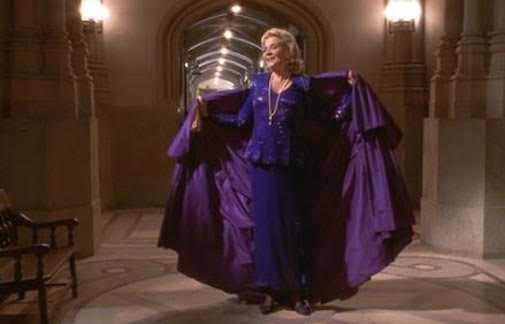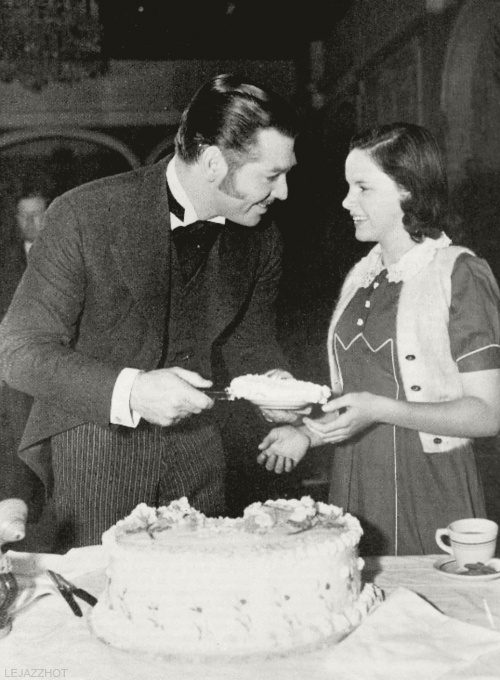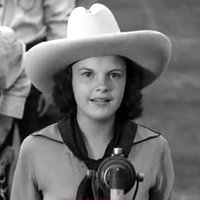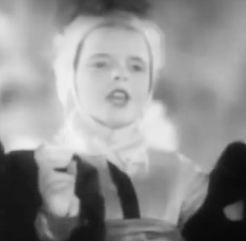Burning Question: What current star would have benefitted most from the Studio System?
 Thursday, March 31, 2016 at 1:00PM
Thursday, March 31, 2016 at 1:00PM This post is brought to you by agonizing advertisements for The Huntsman: Winter's War. Which looks dreadful.
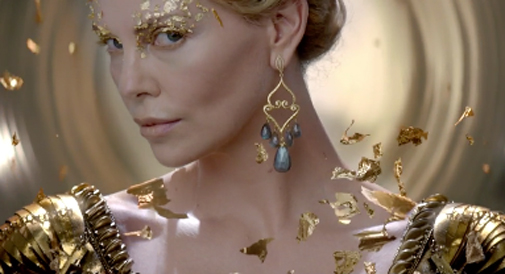
Sometimes when I look at Charlize Theron, it hurts. She has such old school "MOTION! PICTURE! SPECTACULAR!" scale to her persona, this inarguable magnificence / screen beauty. The catch: she's almost never in movies that do anything for her when she's doing so much for them.
She might be my #1 choice for current star whose career is alright but would have been spectacular under the Studio System when star magnetism was carefully catered to, packaged, and regularly served up rather than an "extra" your random movie can sometimes benefit from.
Who is yours?



